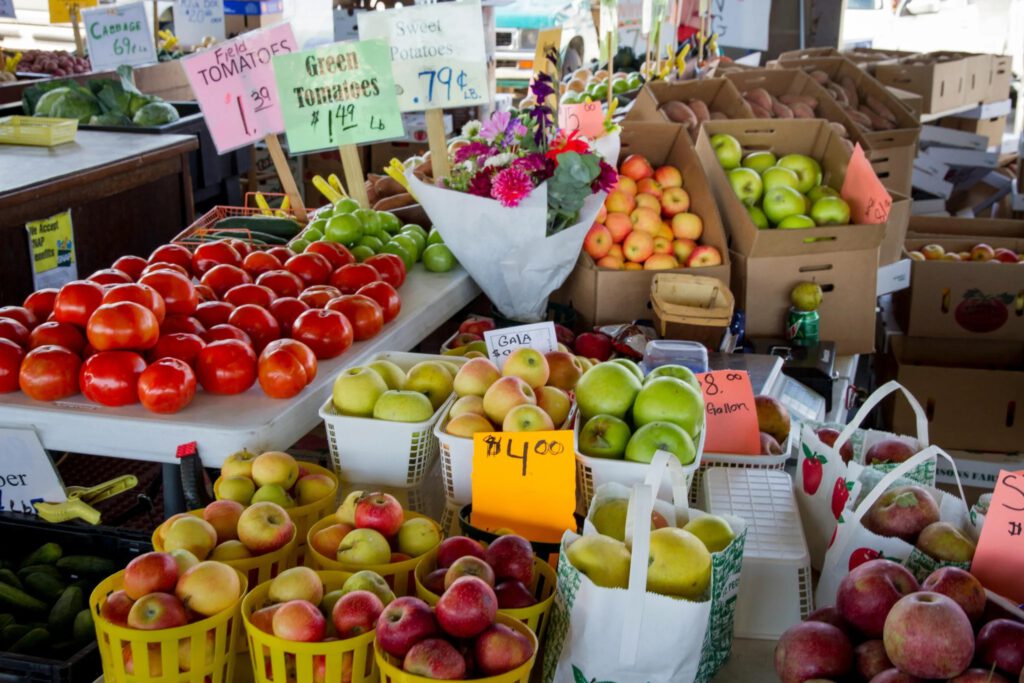It seems almost too obvious to say aloud: to solve our affordability challenges, prices, which have steadily increased since the beginning of the pandemic in 2020, need to stabilize so wages can catch up. This is especially true when it comes to food inflation, which is driving up food bank usage, worsening childhood food insecurity and leading to popular anger — which has recently manifested in calls to boycott and steal from Canada’s (very profitable) grocery retailers.
The traditional story around inflation goes like this: economic shocks — like those we saw in the 1970s energy shock — increase the cost of businesses’ inputs. Because of abrupt changes to supply and demand, price levels rise or fall until the market returns to business as usual and prices and wages recover at their normal pace of growth.
But what if businesses, to maintain their profit margins without interruption from shocks, decide to pass on the costs of these shocks to everyday people? As prices are “social relations” between corporations and consumers, it would not seem unreasonable that prices increase dramatically amidst a global pandemic. But this new, higher price —far ahead of wages — becomes a “new normal,” while shareholders rake it in.
This is the fundamental thesis of the “sellers’ inflation” model, as articulated by economist Isabella Weber, who is giving the 2024 Ellen Meiksins Wood Lecture at Toronto Metropolitan University on May 30. According to Weber, the traditional story does not account for today’s highly financialized and concentrated industries, which compete on who can deliver the best returns to shareholders, rather than who can deliver the best prices to consumers. Weber’s research demonstrates that even in “competitive” markets, rival companies replicate the price increases of their competitors so that they do not miss out on an opportunity to profit.
This is a recipe for an ever-worsening cost of living — and the popular anger that accompanies it. And there is evidence that we are seeing sellers’ inflation at work in the Canadian grocery market.
Clement Nocos is the Director of Policy and Engagement of the Broadbent Institute.
Read the full article published in Canada’s National Observer on May 14, 2024.
